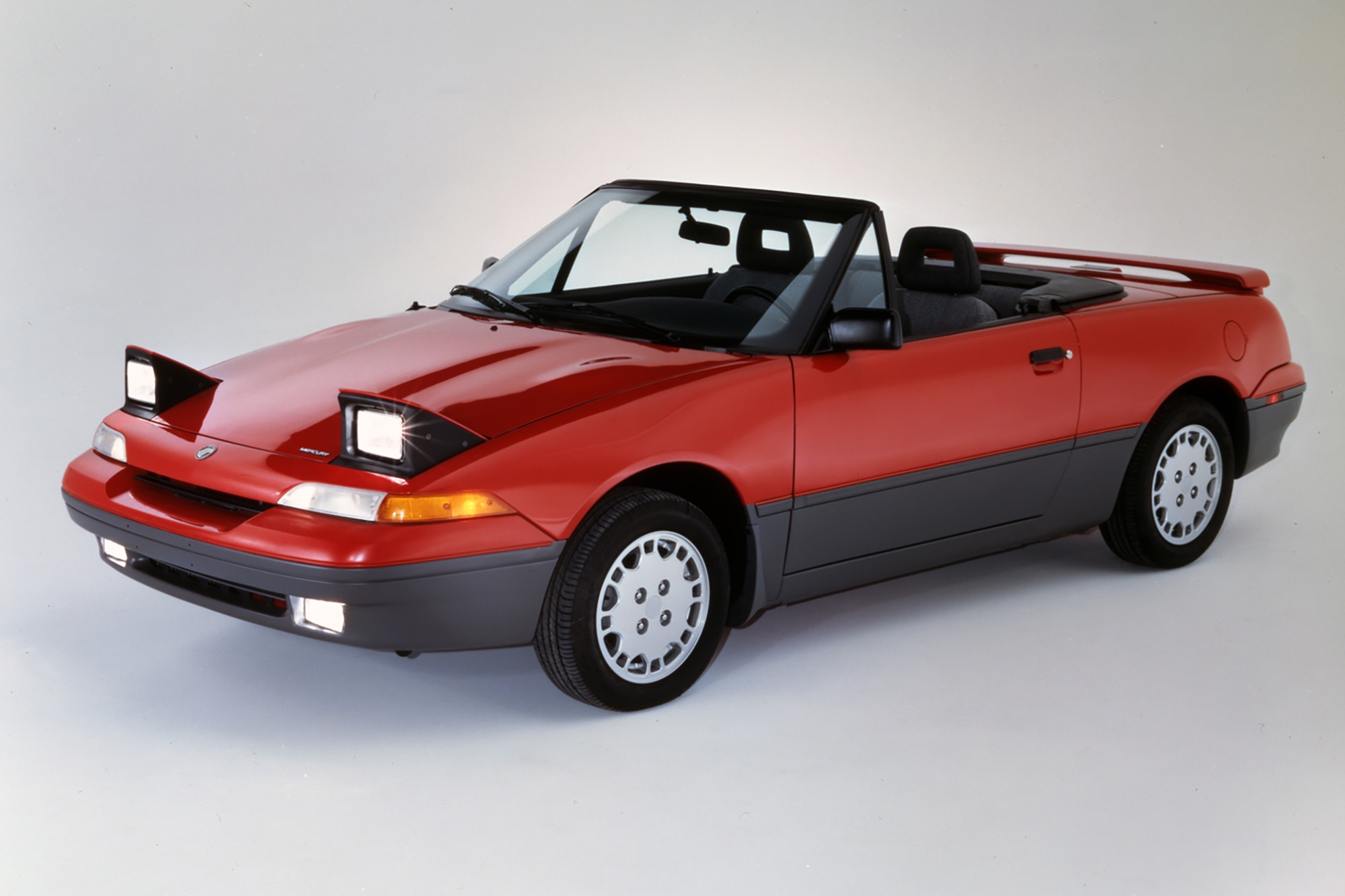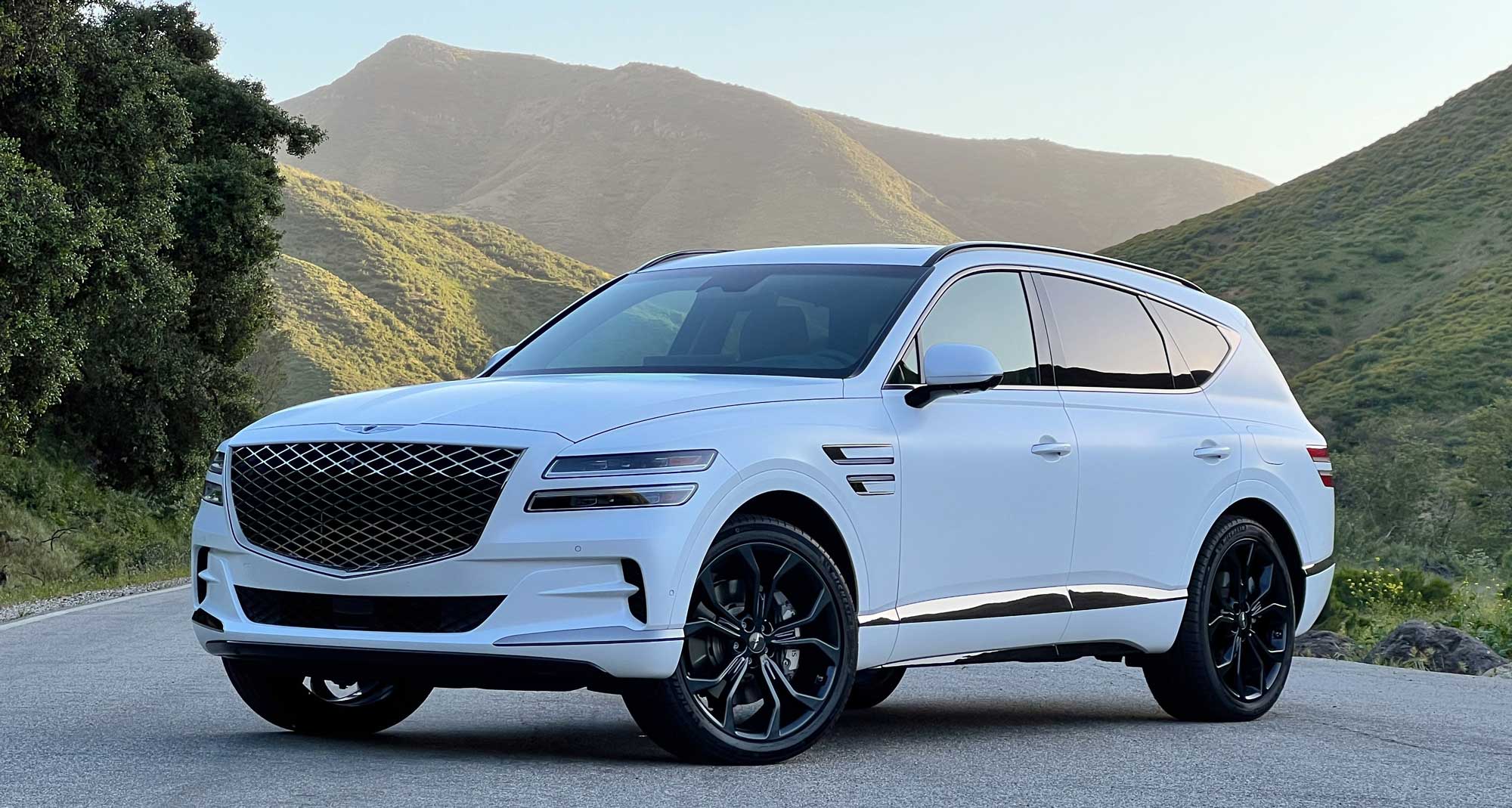What Is an Orphan Car Brand?
Owning a vehicle from a car company that's gone out of business can be challenging.
 Ford
Ford
QuickTakes:
You can probably name a few car companies that have gone out of business. Oldsmobile, AMC, and Saab are still familiar automobile brands long after they ceased business. Car enthusiasts refer to vehicles from dead automakers as "orphan cars," those abandoned by their parent companies.
Owning an orphan car can involve some unique challenges. Here's what you need to know.
What Makes a Car an Orphan
An orphan car isn't the same as a discontinued model. Ford stopped making the subcompact Pinto in 1980, but Ford, the automaker, is still around. Generally, a model becomes an orphan when the automaker ceases production of all its models.
"Toyota's Scion brand, Ford's Mercury brand, and General Motors' Pontiac, Oldsmobile, and Saturn are all examples," said Tom McParland, founder and owner of
The Challenge of Maintaining an Orphan Car
When buying and maintaining a car from a shuttered brand, the biggest concern is the availability of parts. Depending on the particular abandoned model you've set your heart on, this can range from a minor inconvenience to an absolute deal-breaker.
The best-case scenario is a car from a defunct brand with a parent company that's still doing business.
"The most common orphan brands that most people encounter," McParland said, "were once aligned with major automakers."
Companies such as GM use the same mechanical components across numerous makes and models, meaning replacement parts might still be available long after the brand shuts down.
"Buying a Saturn Aura would be similar to getting a Chevy Malibu of the same vintage" even though Saturn shut down in 2010, McParland said.
Things get more complicated with brands such as Saab. The Swedish automaker was owned by GM from 2000 to 2010 and then was sold to Dutch sports-car maker Spyker. When the Spyker-owned Saab brand went bankrupt in 2011, owners were left scrutinizing their paperwork.
Saab vehicles sold under GM ownership kept their GM-provided warranty and recall service, but cars built by now-defunct Spyker lost all warranty coverage. What's worse, safety recalls would not be performed on cars built by the bankrupt company since the cost of a safety recall is an automaker's responsibility.
Even those GM-built Saab models could present a challenge. While an orphan car might share its engine, transmission, and suspension with existing brands, unique parts such as windshields, body panels, and interior trim might be challenging to find — even if you're willing to scour junkyards.
Why You Might Still Want an Orphan Car
Why would anybody go through all this hassle to own a vehicle from an orphan brand? McParland said orphan-car buyers broadly fall into two categories.
On the one hand, there are price-conscious customers.
"Most of your mass-market Pontiacs, Mercurys, and Saturns are likely to be found in the sub-$15,000 price range," he said. "These could be good affordable alternatives."
On the other hand are enthusiasts specifically searching for a particular orphan.
"Likely because they are looking for something different and unique about a particular model," McParland said.
For those enthusiasts, the challenge of maintaining an orphan car is just part of the charm.



